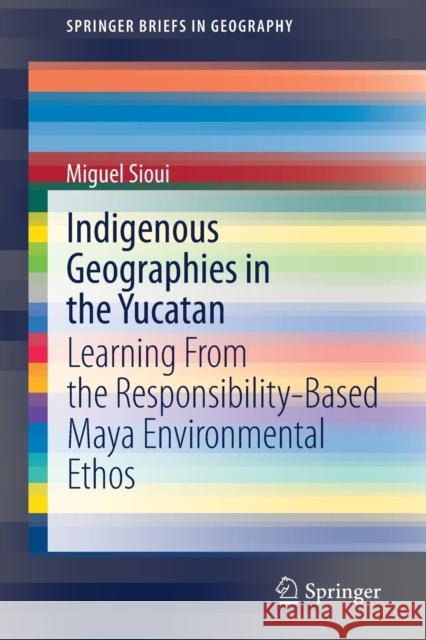Indigenous Geographies in the Yucatan: Learning from the Responsibility-Based Maya Environmental Ethos » książka
topmenu
Indigenous Geographies in the Yucatan: Learning from the Responsibility-Based Maya Environmental Ethos
ISBN-13: 9783030603984 / Angielski / Miękka / 2021 / 128 str.
Kategorie BISAC:
Wydawca:
Springer
Seria wydawnicza:
Język:
Angielski
ISBN-13:
9783030603984
Rok wydania:
2021
Wydanie:
2020
Numer serii:
000465985
Ilość stron:
128
Waga:
0.22 kg
Wymiary:
23.39 x 15.6 x 0.81
Oprawa:
Miękka
Wolumenów:
01
Dodatkowe informacje:
Wydanie ilustrowane











